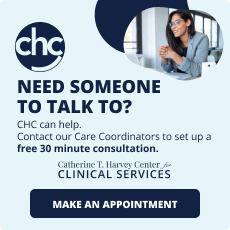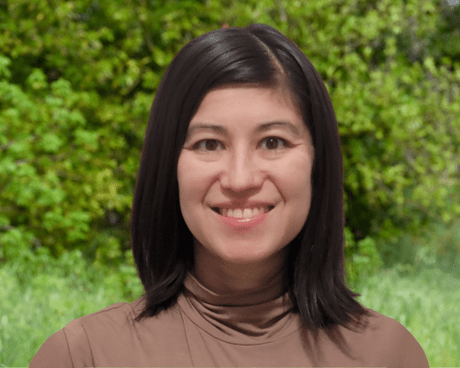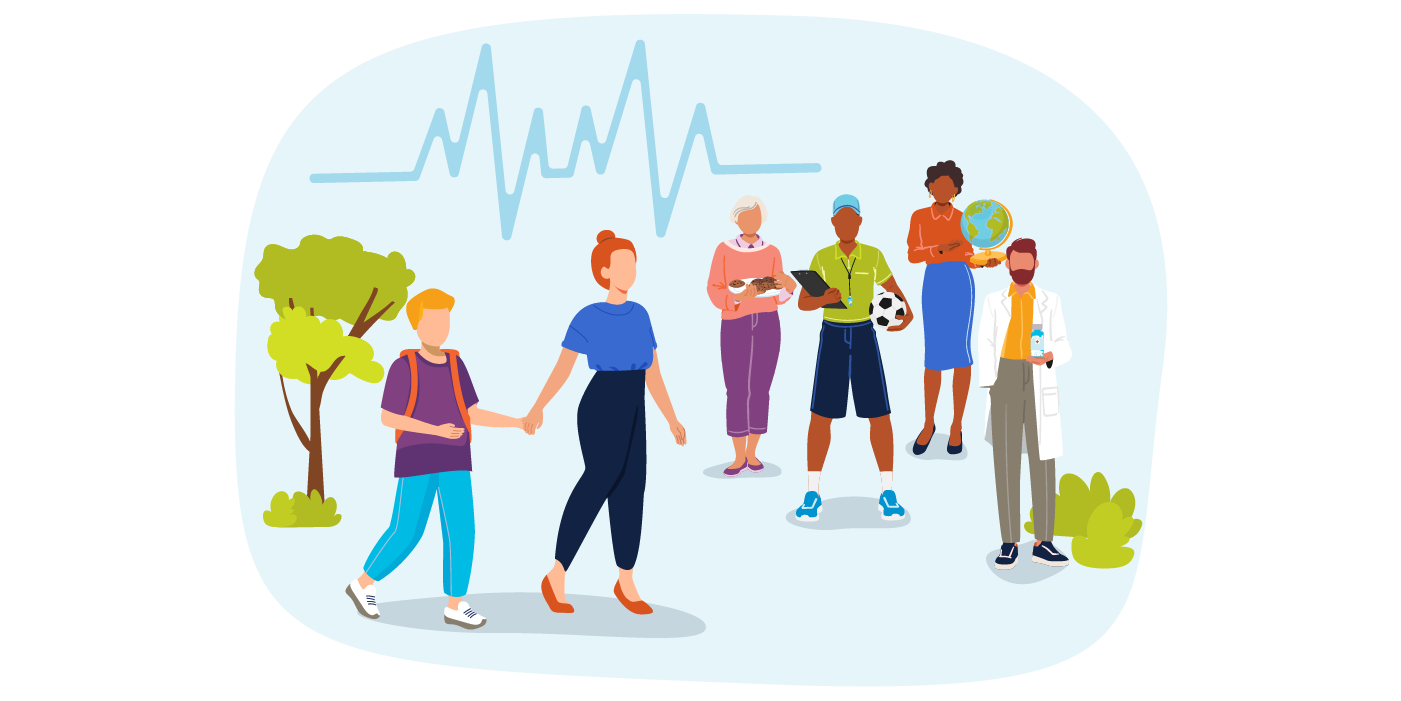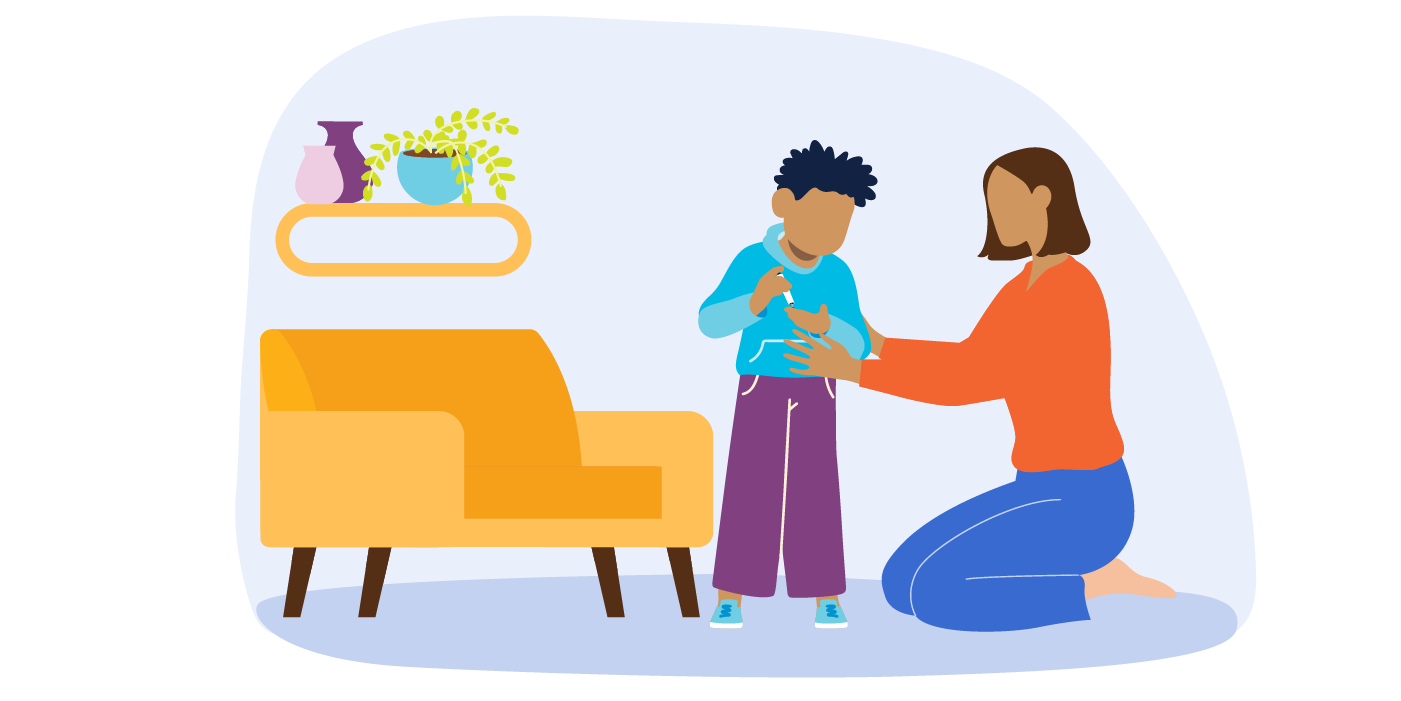
Mental health challenges are common in childhood and impact many kids, teens, and families. In fact, the CDC found that about 1 in 7 children between the ages of 3 and 17 had a diagnosed mental or behavioral health condition in 2018–2019 — and just over half received help from a mental health professional.
Finding the right treatment services for your child can feel overwhelming — especially with so many program types, confusing acronyms, and a seemingly endless stream of information online and on social media.
Understanding Levels of Care
“Level of care” is a way to describe the different types of mental health support available, based on the severity and complexity of the mental health concern. These services can vary in frequency, duration, and intensity, giving families a framework to find the right support.
Levels of care range from the lowest to the highest level of care, and may include outpatient therapy, IOP (intensive outpatient), PHP (partial hospitalization), and RTC (residential treatment):
Outpatient Care
In outpatient care, individuals receive treatment without living at the program or clinic. This is the lowest level of care and typically involves 1-2 treatment appointments per week, such as individual therapy, skills group, and medication management.
At CHC, outpatient therapy services are available through our clinical team, who work closely with children, teens, and families to address a range of mental health concerns with evidence-based approaches and personalized care.

Intensive Outpatient Program (IOP)
An IOP (such as CHC’s RISE program) is a structured program for individuals with significant mental health or substance abuse difficulties that impact their daily life. This type of program offers more support than outpatient therapy while allowing flexibility for school and work. A typical IOP program lasts for eight to twelve weeks and includes:
- Individual and group therapy
- Medication management
- 6-12 hours of participation per week
IOPs provide a higher level of care than outpatient therapy, helping individuals build and practice specific skills in a supportive environment.
Finding the right treatment services for your child can feel overwhelming — especially with so many program types, confusing acronyms, and a seemingly endless stream of information online and on social media.

Partial Hospitalization Program (PHP)
PHPs are considered a higher level of intensity than IOPs. PHPs are designed for individuals transitioning from residential treatment. These programs typically last a few weeks to several months and provide:
- 6-8 hours of treatment per day, several days a week
- High level of support
- Individual and group therapy
- Medication management
PHPs help bridge skills into daily life, preparing individuals for more independent living.
Residential Treatment Center (RTC)
RTCs are high-level treatment programs where individuals live at a facility and receive intensive mental and behavioral health support. Residential treatment typically lasts 30-90 days or longer and includes:
- Group therapy
- Individual therapy
- Psychiatric care
- Community-based learning and skill building
While CHC does not offer PHP or RTC levels of care, our Care Team can provide referrals and coordination to trusted community partners if your child needs this higher level of support.

Dialectical Behavior Therapy (DBT), a form of talk therapy that research shows to be highly effective for people who experience emotions very intensely. Check out this article to learn more about how DBT can help teens navigate their emotional and behavioral challenges.
Determining the Right Level of Care for Your Child
To figure out the right level of care for your child, it’s best to connect with a mental health professional who can do a thorough assessment and help guide you based on your child’s unique needs.
If your child is already in treatment, staying in touch with their provider is key to making sure the care they’re getting is still the right fit. Signs that a higher level of care might be needed can include little or no progress in treatment, ongoing risky behaviors, or medical concerns that make the current approach less effective.
Getting your child the right level of care can make a big difference in their mental health journey. Understanding the options helps you make confident decisions and advocate for what your child needs. If you’d like help setting up a mental health assessment, CHC’s Care Team is here for you. Our team can answer your questions, provide clinical guidance, and help you get started on finding the right type of support for your child.


Meet The CHC Expert
Lisa Shaw, LMFT is a Licensed Marriage and Family Therapist with over 10 years of experience that includes providing therapy, crisis-management, group facilitation and case-management services in community and school-based settings with a diverse array of populations. Lisa works from a trauma informed, client-centered, strengths-based lens, and uses various modalities and interventions tailored to each client’s strengths, needs and unique experiences in her clinical work.





